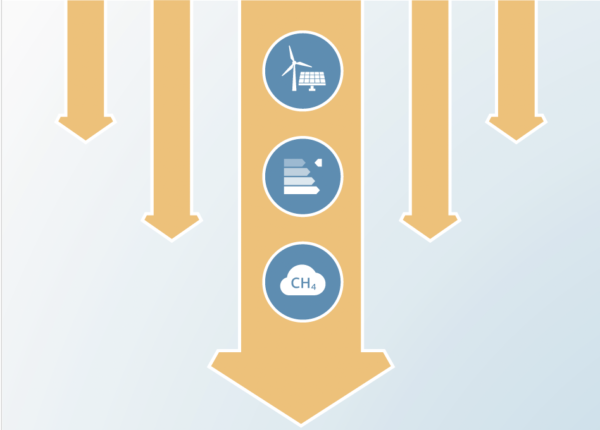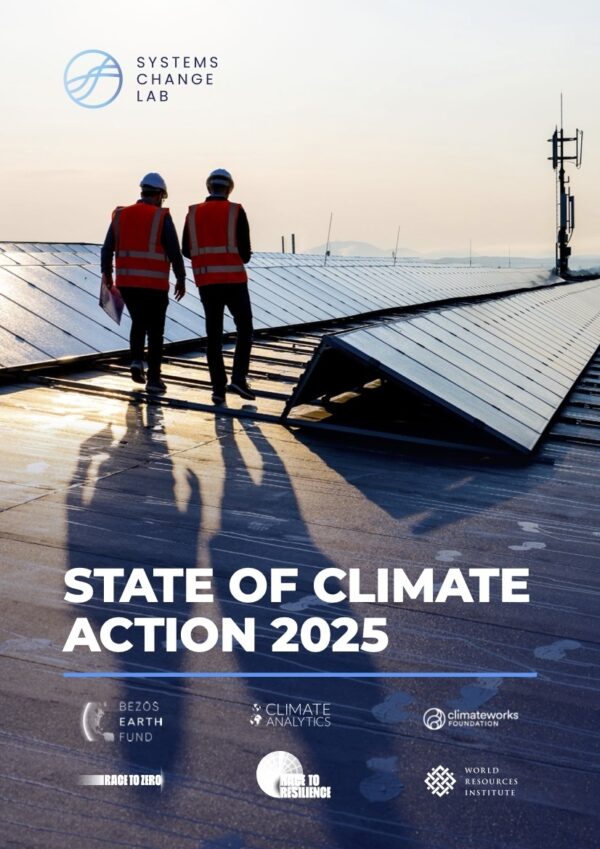Behavioural changes and transport sector decarbonisation
Authors
Liutauras Stoškus, Kristina Gauče, Piotr Chrzanowski, Marcin Wołek, Andrzej Ancygier, Sarah Most

Despite decarbonisation targets and efforts, emissions from the transport sector have been increasing over the last three decades. Total greenhouse gas (GHG) emissions in transport increased by more than 33% between 1990 and 2019 and road transport emissions by almost 28%. Of these emissions, the largest share was from passenger cars (44%) and only 19% came from heavy-duty vehicles.
Projections show that without additional measures, transport emissions will continue to increase through 2025 and reach 9% above 1990 levels in 2030. Without abatement, transport emissions alone could take up the entire carbon budget allotted to the EU under 1.5ºC compatible pathways outlined in the Paris Agreement.
Considering the rapid depletion of material resources, we see an increasing number of areas where not only conventional business models, but also our daily activities and habits must be rethought and readjusted to reduce emissions from the transport sector. Adapting habits may be the most difficult step, and we need to find incentives to persuade people to move away from what we are used to.
Changing mobility behaviour is an urgent issue and identifying which measures are the most effective will be critical to addressing this in a timely manner. Classic economic instruments, incentives, and education all offer unique benefits, but come with limitations as well. The end goal is simple: measures that align mobility with sustainable goals and are acceptable to society.
Behavioural change is not based on an information deficit, but on attitudes and beliefs. Social acceptance level grows with area-education and educational efforts will have to be the basis for any changes. Education alone is not sufficient: individuals must be persuaded that behavioural changes will bring benefits to their lives. It is recommended to focus on influencing people’s attitudes or social behaviour at earlier stages and on influencing their beliefs at later stages of change.











